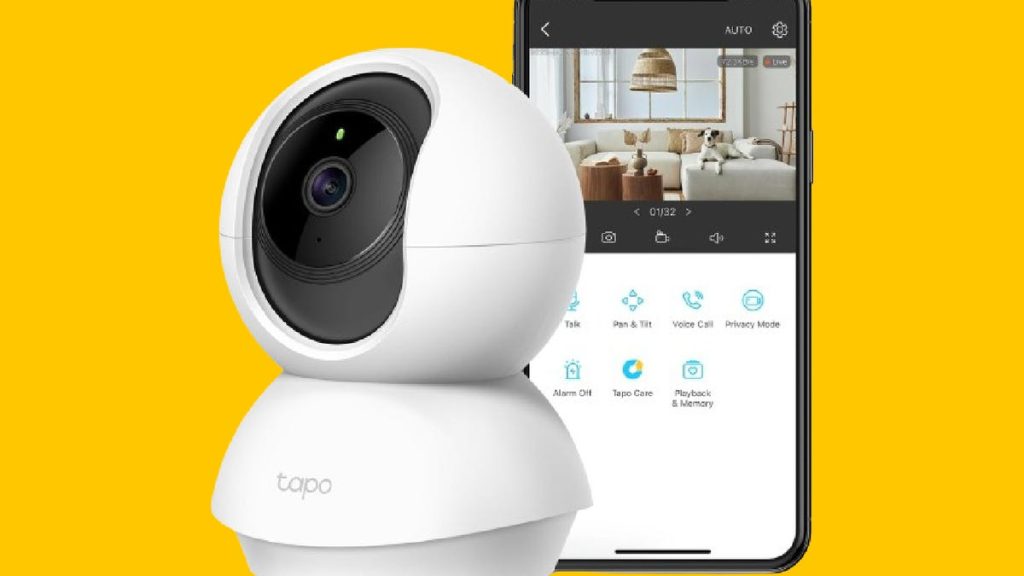When it comes to choosing a home security camera, there are several factors to consider in order to ensure that you are getting the best value for your money. First and foremost, privacy is a crucial concern. Wireless cameras, while convenient, may be more susceptible to hacking due to their connection to Wi-Fi networks. It is important to ensure that you have a strong Wi-Fi password and to be aware of potential security risks. Additionally, it is important to consider the privacy policies of the companies that provide cloud storage for your video footage. CNET keeps track of companies’ security troubles and improvements in order to provide consumers with valuable information.
Another important consideration when choosing a home security camera is whether you need it for indoor or outdoor use. Outdoor cameras are typically weather resistant and may feature night vision capabilities, making them ideal for monitoring your porch or yard. Some cameras are designed specifically for indoor use, so it is important to choose a camera that can withstand the outdoor elements if that is where you plan to install it. In terms of storage options, you can choose between cloud storage, which typically requires a monthly fee, or local storage, which relies on a separate accessory or hardware to store your footage.
The field of view and resolution are other key features to consider when choosing a home security camera. The field of view refers to the angle that the camera lens can capture, with wider angles providing greater coverage. Resolution is typically around 1080p for budget cameras, but some models offer higher resolution options. Smart home compatibility is another important factor to consider, especially if you already use a smart home system like Google Home or Amazon Alexa. Most security cameras are compatible with these voice assistants, but compatibility with Apple Home and Siri may be harder to find. When the Matter standard is adopted for security cameras, it will ensure better compatibility across different systems.
Finally, you must decide between battery-powered and wired cameras. Battery-powered cameras are easy to install and can be placed anywhere, but they require regular recharging. Wired cameras are more reliable and do not require recharging, but they may be more difficult to install. PoE cameras, which use power over Ethernet, eliminate the need for Wi-Fi connectivity. By considering these factors and doing thorough research, you can find a budget-friendly home security camera that meets your quality expectations and helps protect your home and loved ones.


